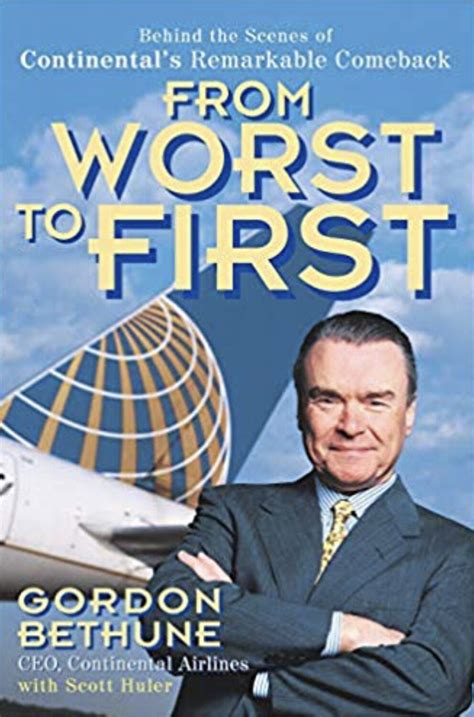A Quote by Alex Berenson
For value investors, General Motors is a tempting target. The company's share of the North American auto market has steadily declined for two decades, and analysts say the company suffers from weak management and unexciting cars.
Related Quotes
Basically my point of view on unicorns is that private companies which have sky high valuations, it doesn't really mean anything in the real world until it's marked to market. And there's only two ways things get marked to market in venture capital: Either a company is acquired by another company for cash or marketable security, or it goes public, and then it has reporting requirements and then the market will determine the value.
Sadly, at Ford, General Motors, and Chrysler sales continually trend downward, manufacturing costs rise, and employment declines. As the result of the decrease in the number of cars produced by American manufacturers, membership in the United Auto Workers has dropped from a high of over 1.5 million thirty years ago to less than half a million today.
When you buy enough stocks to give you control of a target company, that's called mergers and acquisitions or corporate raiding. Hedge funds have been doing this, as well as corporate financial managers. With borrowed money you can take over or raid a foreign company too. So, you're having a monopolistic consolidation process that's pushed up the market, because in order to buy a company or arrange a merger, you have to offer more than the going stock-market price. You have to convince existing holders of a stock to sell out to you by paying them more than they'd otherwise get.


































